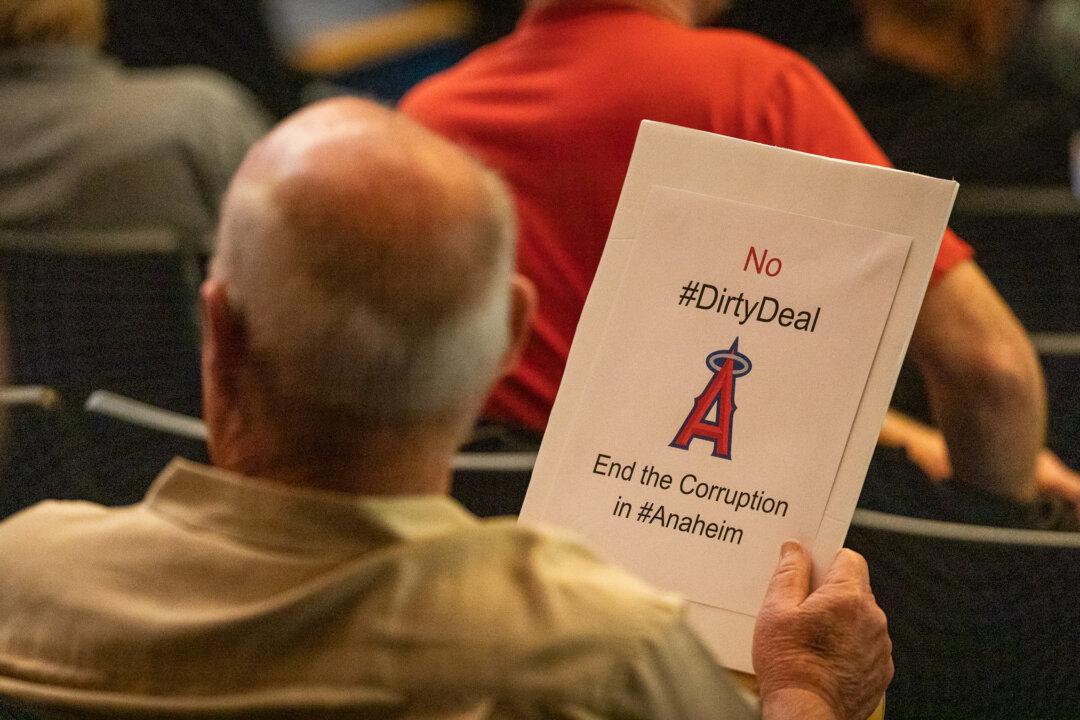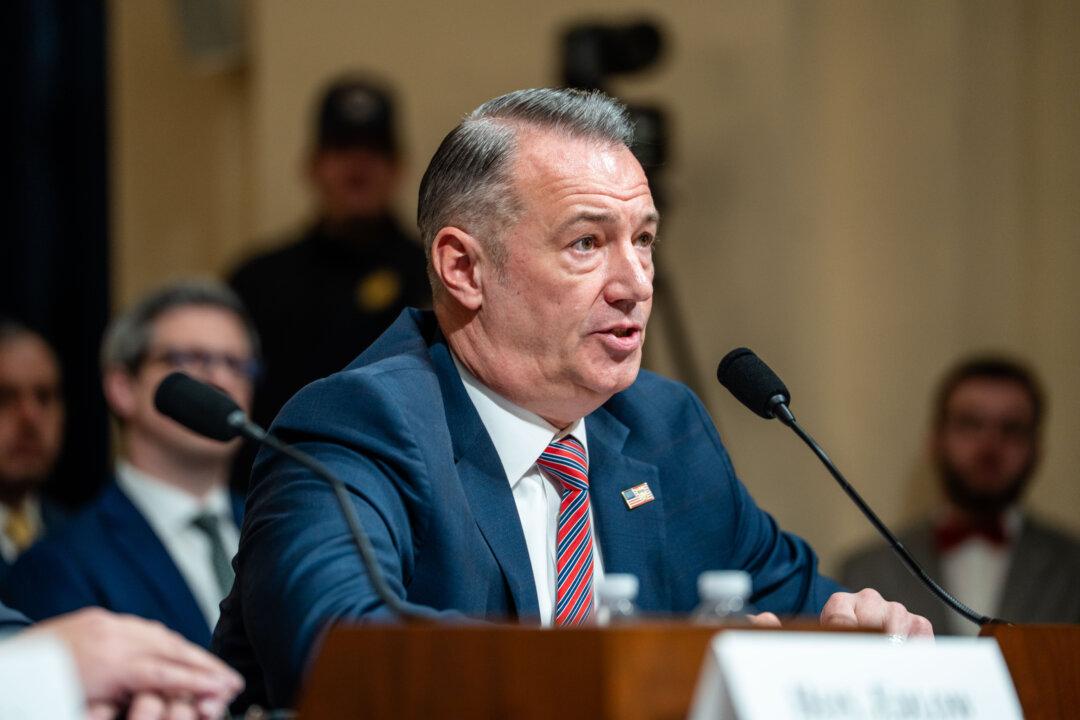ANAHEIM, Calif.—A grand jury report found the city’s handing of the $320 million Angel Stadium deal was rushed, lacked transparency, and betrayed constituents.
“The City Council majority’s inappropriate handling of the Stadium Property transactions betrayed its constituents,” the Orange County Grand Jury said in the report (pdf) released on June 27.





